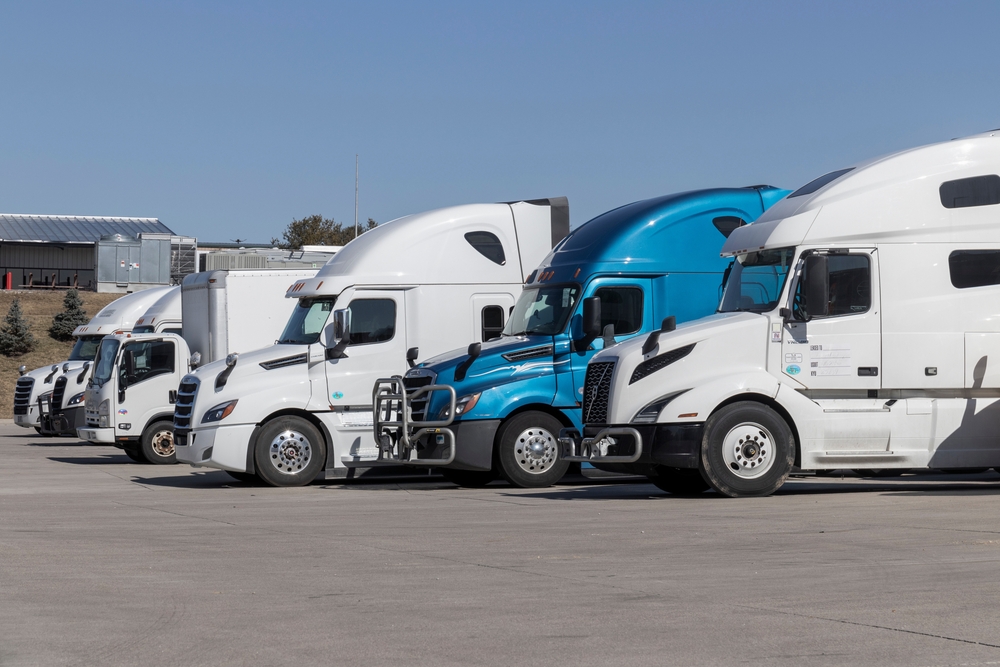
Navigating CDL Certification: A Guide for Your Business Needs
The trucking industry does not require you to complete a vocational or college degree to start a trucking company. Understanding how to navigate the CDL industry standards and properly documenting employees’ certifications is immensely important.
It is now more important than ever for employers to prioritize CDL training and certification for their businesses. After all, the current CDL requirements have been altered somewhat and require a fresh look. Thankfully, we have compiled some helpful information revealing more about this subject:
Current CDL Requirements For Your Business
As of Monday, February 7th, anyone obtaining an entry-level CDL is required to obtain a higher level of training. According to the new ELDT regulations, this change in training level will be required for anyone who is:
- Seeking a Class A or Class B CDL for the first time.
- Upgrading an existing Class B CDL to a Class A CDL.
- Obtaining a first-time school bus, passenger, or hazardous materials' endorsement.
What Changed Regarding CDL Certification?
The new requirements for CDL certification will mean entry-level drivers must complete and pass a program teaching theories behind-the-wheel instruction. This program must be provided by a school listed on FMCSA’s Training Provider Registry and must be completed before the CDL test is taken by the new driver. This training will need to be verified before drivers can move on to the next step via electronic records and cannot be completed via a driving simulator either but on-the-road training or behind-the-wheel instruction is required.
According to a representative of the Illinois Fertilizer and Chemical Association (ILFA), the move could have a significant impact on their business overall by altering their inputs. They said this about the changes and their implementation:
“No longer will be the days of obtaining a learner’s permit, driving with a CDL holder for as little as a few hours and then taking the CDL road test. This new process will become more detailed and will take more time than the previous CDL process.”
The changes emphasize the knowledge aspect of the driving process. All drivers must score at least 80% on that part of the test as well. In general, the changes are all designed to increase both a driver’s real-world and book knowledge before they are put on the roadways.
How New Employees Will be Affected
Although the changes made by the Federal Motor Carrier Safety Administration (FMCSA) are designed to lessen the regulatory burdens on both the training facility and applicant sides, reducing classroom instruction time by 27 hours per applicant, according to some in the industry, the updated training requirements will be costly in terms of both time and money. These updated classes cost between $2,500 and $8,500 and can take anywhere from three to 20 days to complete depending on the driver’s experience level.
Many feel this could in essence cripple an already burdened trucking industry by placing more demands on drivers before they can be certified to drive. Of course, regardless of agreement, modern trucking companies must comply with the current requirements.
Bottom Line: Navigating CDL Certification Properly is Vitally Important
If you make a poor hiring decision by hiring a driver who hasn’t met their certification, they may not display the level of professionalism that you expect when making deliveries. Worst case scenario, they may even cause an accident, which can lead to bad press and increased insurance costs for your company.
Therefore, it’s immensely important that you navigate the CDL certification world and ensure that all your employees are properly certified and trained before they hit the road representing your company. Contact us today at Winter-Dent to learn more about new CDL requirements and determine how to implement them into your trucking business.



